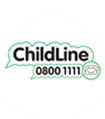A level Computing Years 12 & 13
Specification
AQA Computing - The specification and assessment structure can be found at the link: https://www.aqa.org.uk/subjects/computer-science-and-it/as-and-a-level/computer-science-7516-7517
What do I need to know or be able to do before taking this course?
The qualification builds on the knowledge, understanding and process skills inherent in GCSE.
What will I learn on this A level course?
The overall aim of the syllabus is to encourage candidates to develop an understanding of the principles of problem solving and programming using computers. They will learn a range of applications and the effects of their use and apply this understanding to develop computer-based solutions to problems. Candidates will develop an awareness of systems analysis and design, and methods of implementation, testing and documentation. It would benefit the student if they have a good grasp of mathematics.
If you are interested in how computers really work; in solving problems and learning to design and write software, then this course could be right for you. The course covers computer architecture, programming, operating systems, the Internet and all the basic hardware and technology issues.
The course is split into 3 units, covering all aspects of the AQA A level syllabus. There are 2 exams and one piece of coursework. One of the exams is a practical programming exercise. The coursework unit allows you to design, code and test software for a problem/client of your own choice. The main programming language is Python but you will get a good overview of other languages. If you intend to undertake a degree in Computer Science or a computing related subject this may be a good option for you.
Methods of teaching & learning
In Computing you will be taught by a variety of methods, involving listening, reading, watching, discussing, researching and programming. You will learn, to various extents, from each of these approaches, but you will not learn sufficiently well unless you devote sufficient time outside class to thorough, independent study.
Topics covered in the A Level syllabus
How will I be assessed on this course?
The A Level Computing (AQA) is a three unit specification, all of which are required to complete the A Level.
Specification Units
| Unit | Name | Format | Duration |
|---|---|---|---|
| 1 | Programming | Online Assessment | 2½ hours |
| 2 | Theory paper | Exam | 2½ hours |
| 3 | Practical Project | Internal Assessment | 40 hours |
What could I go on to do at the end of my course?
The course prepares students who wish to go on to higher education courses or employment, where knowledge of Computing and its principles would be beneficial.
The demand for IT professionals – from Programmers and Game Designers to Network Administrators – makes a Computing qualification a highly marketable asset. Some other aspects of Computing are particularly applicable to technical disciplines such as engineering and science, but knowledge of how to manage change in IT systems is a valuable skill in just about any profession from accountancy to medicine.
Year 12
| Topic | Further details about the topic | Skills | |
|---|---|---|---|
| Autumn Term | |||
| 1 | General theory |
Programming and data representation |
Fundamentals of programming (using Pyton) |
| 2 |
General theory |
Programming and data representation |
Advanced programming in Pyton |
| Spring Term | |||
| 1 | General theory |
Programming and data representation |
Advanced programming in Pyton |
| 2 | General theory |
Programming and data representation |
Advanced programming in Pyton |
| Summer Term | |||
| 1 | Practical project |
Design, code and test your own system |
Programming and project design |
| 2 |
Practical project |
Design, code and test your own system |
Programming and project design |
Year 13
| Topic | Further details about the topic | Skills | |
|---|---|---|---|
| Autumn Term | |||
| 1 | Project | Design, code and test your own system | Learn and use formal analysis techniques: interview; observation; record keeping; DFDs; ERDs; data dictionaries, etc. |
| 2 | Project | Design, code and test your own system | Developing structured programmes. Use top-down/bottom-up design; use modules; structure charts, etc. |
| Spring Term | |||
| 1 | Paper 2 | Computing theory |
Data representation (Number systems, image, sound and other data…) |
| 2 | Paper 2 | Computing theory | As above |
| Summer Term | |||
| 1 | Paper 1 & 2 | Computing theory | As above |
Assessments
| Resources | Topic | Type of assessment |
|---|---|---|
| CAT 1 | Algorithms/Programming | Written test and practical test |
| CAT 2 | Theory. Advanced programming in Pyton. Programming and data representation. |
Written test |
| CAT 3 | Theory. Programming and project design |
End of year Mock Exam |
| CAT 4 | Project | Written coursework assessed |
| CAT 5 | Project | Written coursework assessed |
| CAT 6 | Mock examination | Paper 2 |
Main Resources
| Resource | Details | Term |
|---|---|---|
| Text books |
AQA Computing A Level |
All |
| Recommended websites | All |
Enrichment opportunities
| Activity | Day and time or term |
|---|---|
| Computing Club | Lunchtimes |







